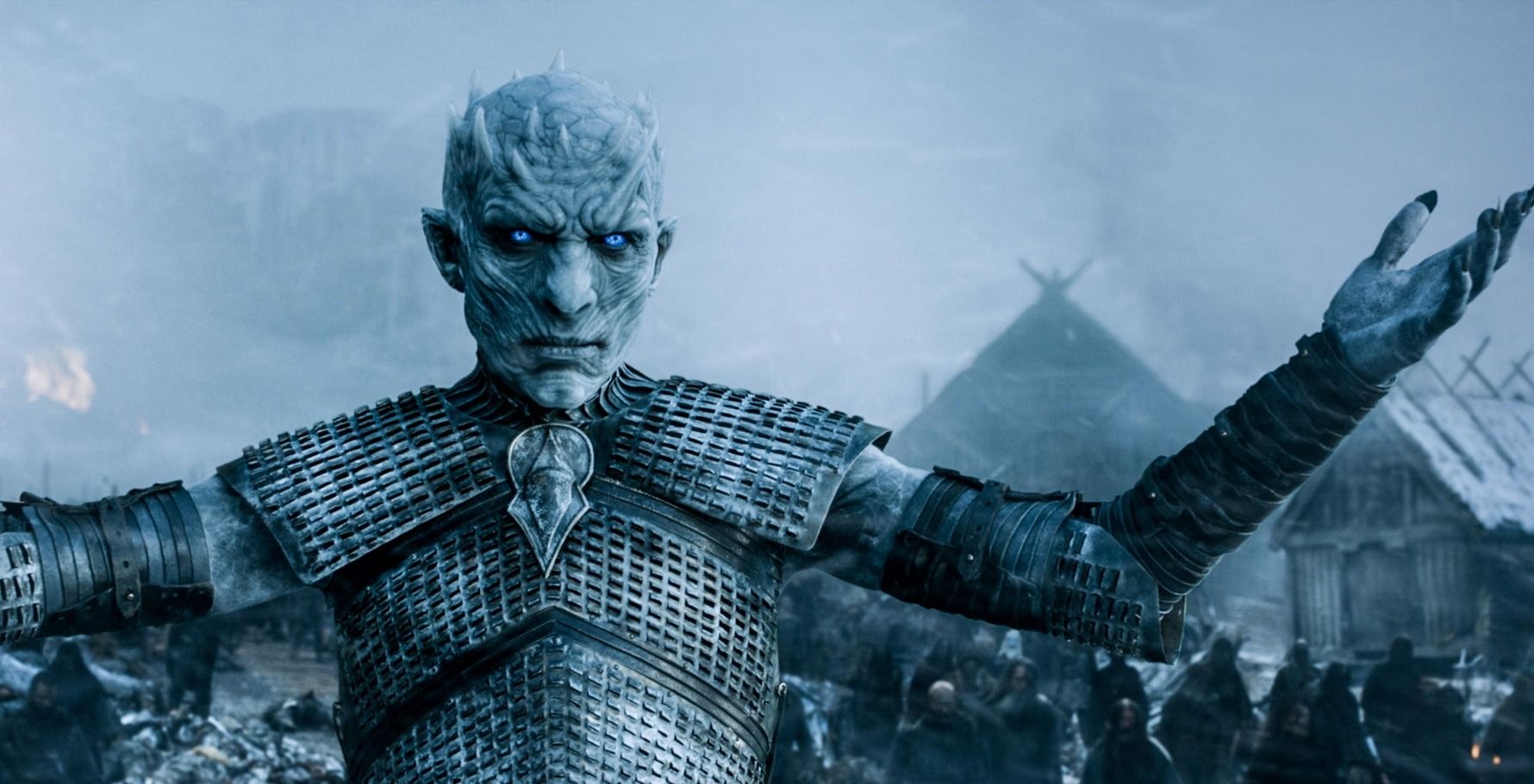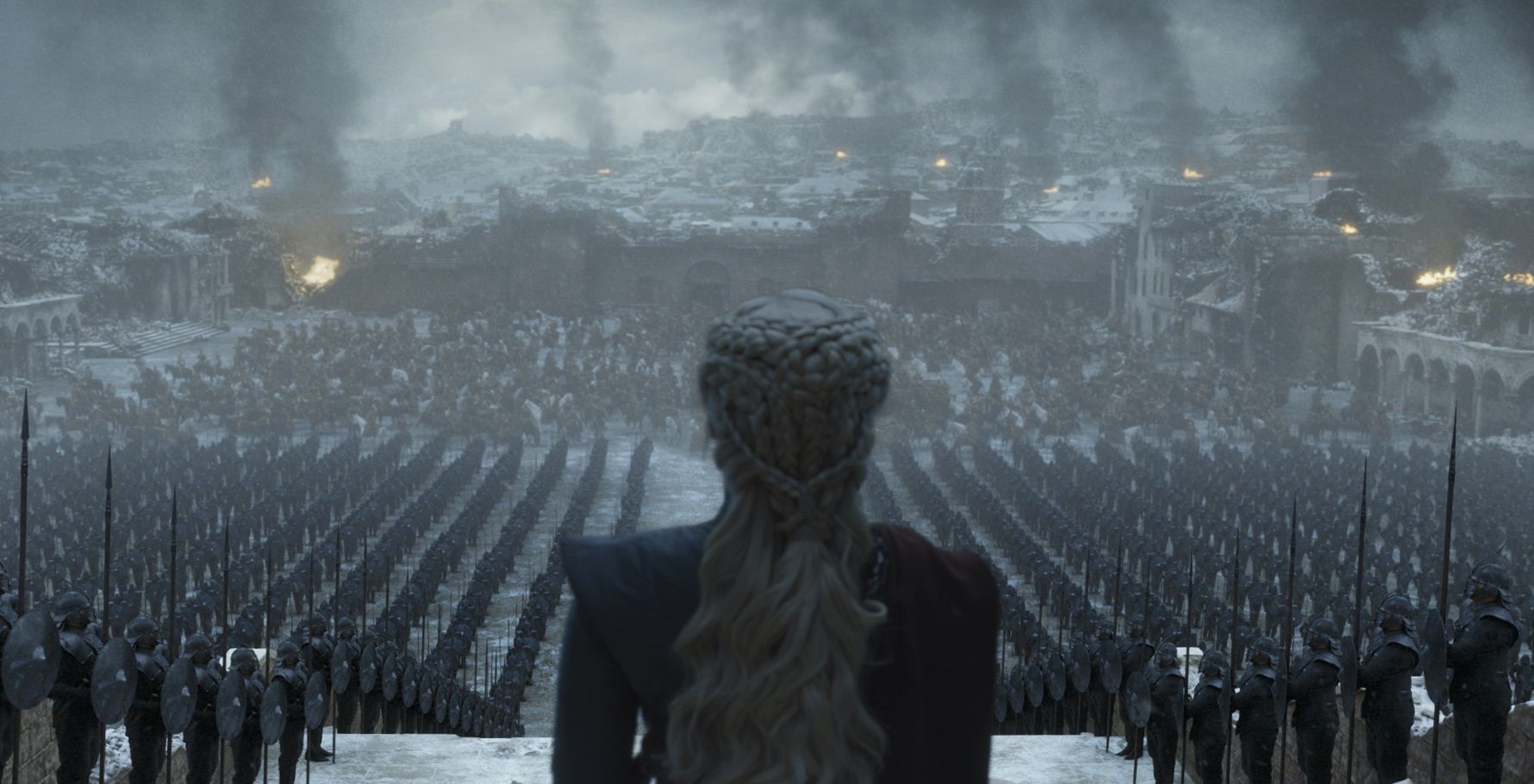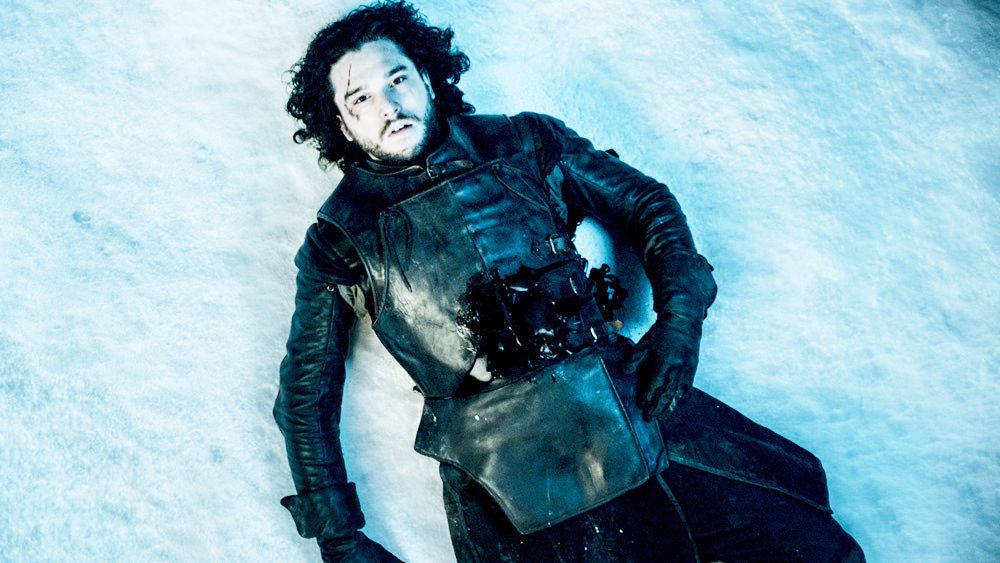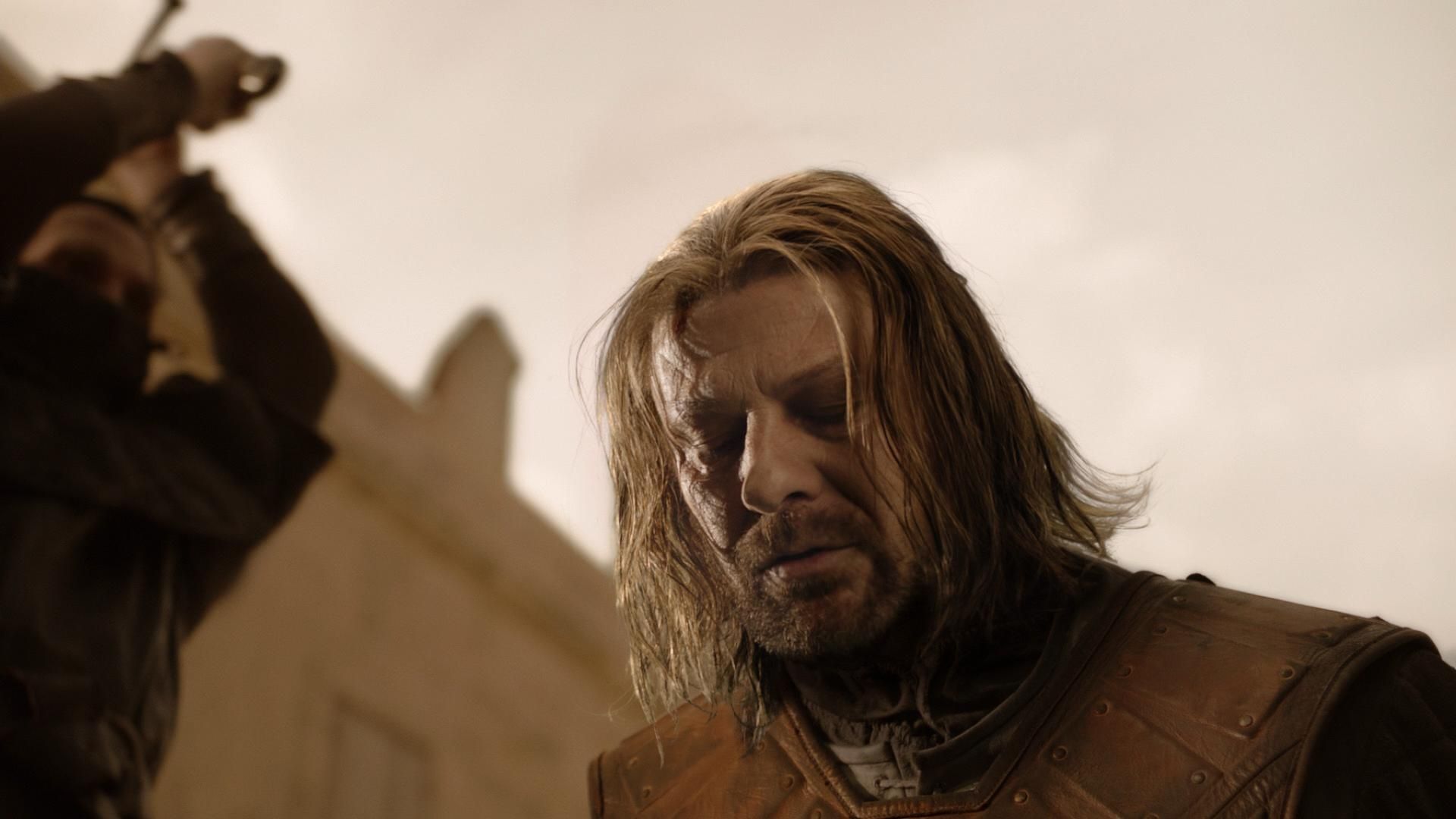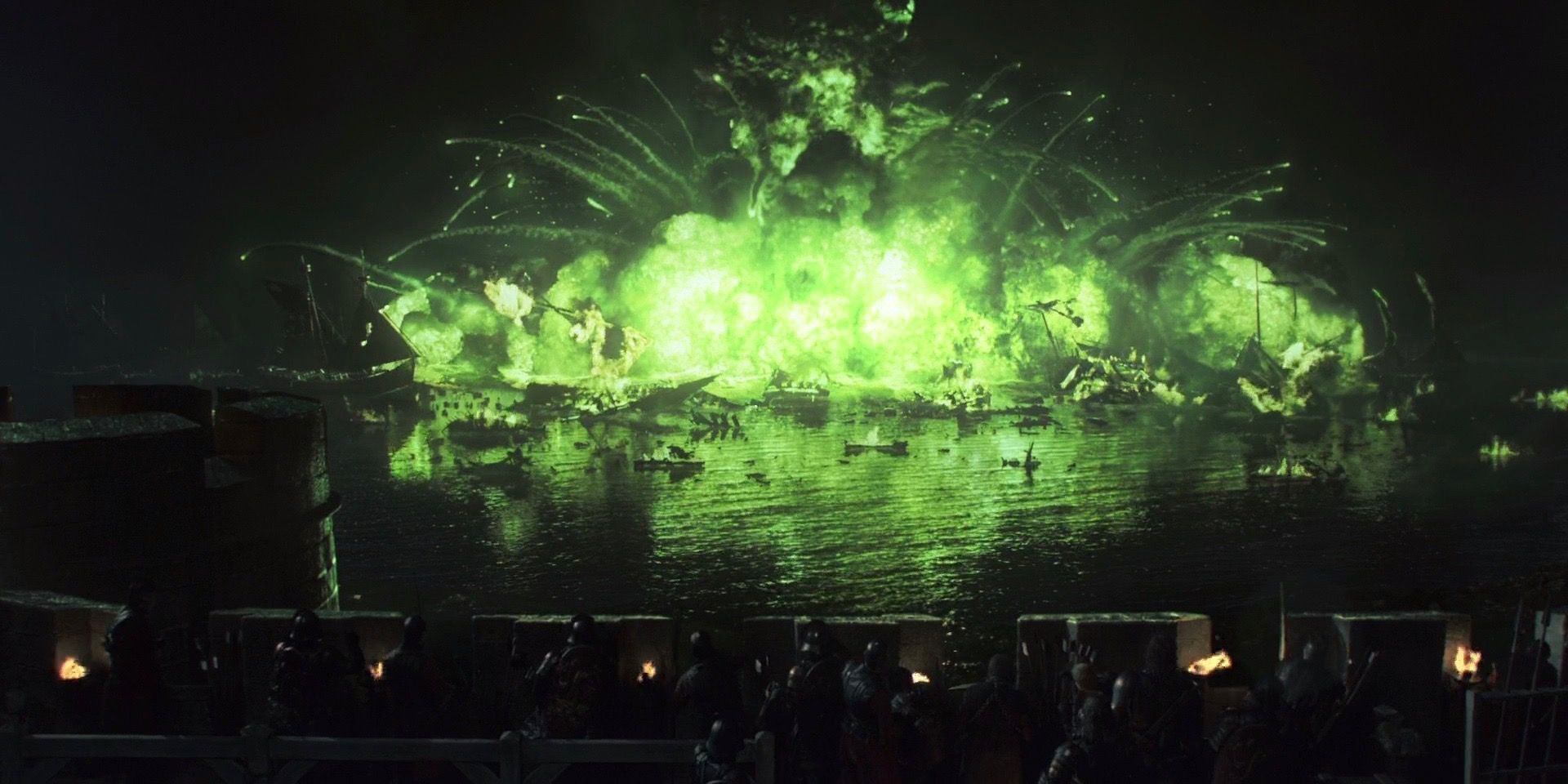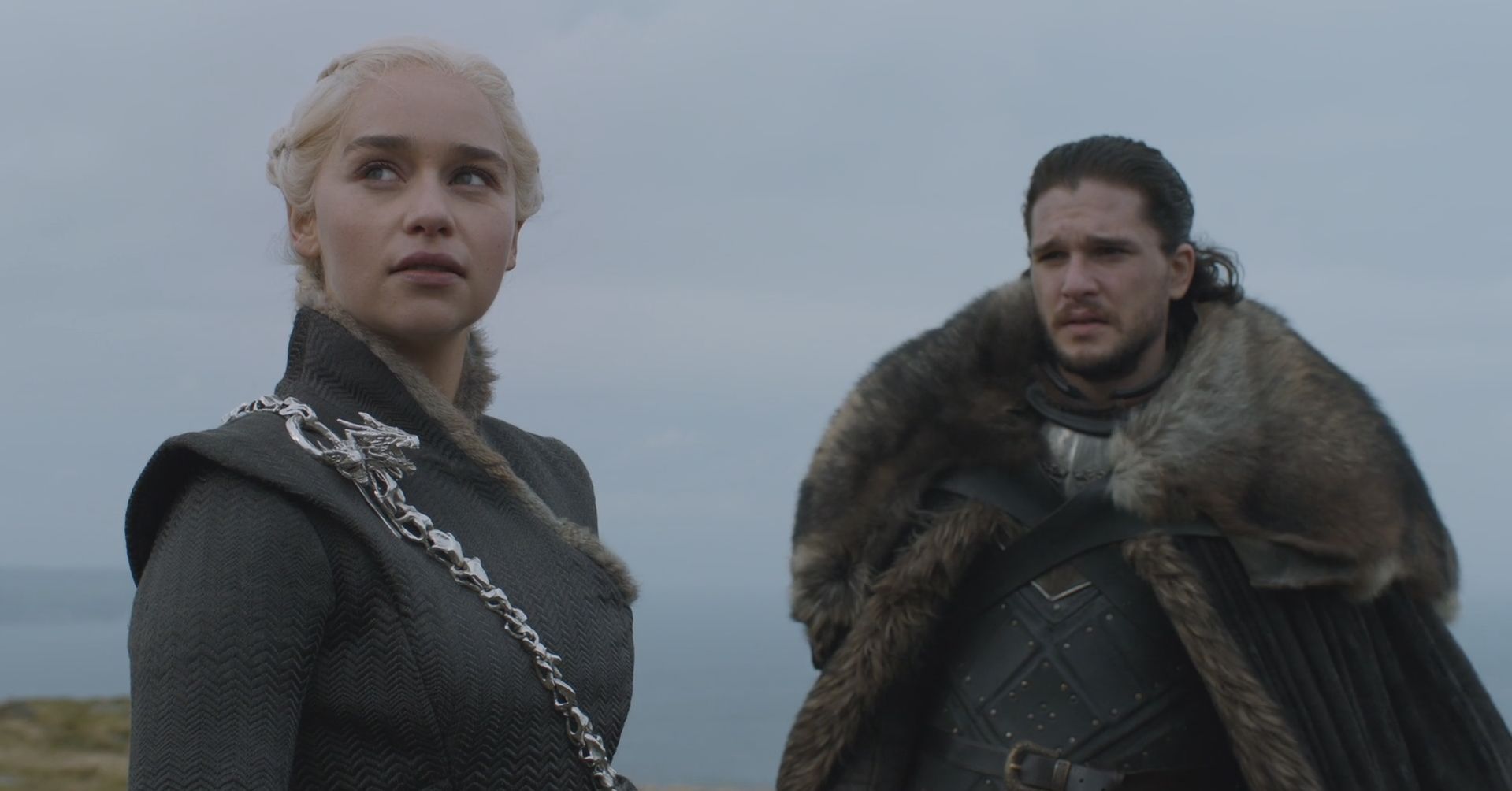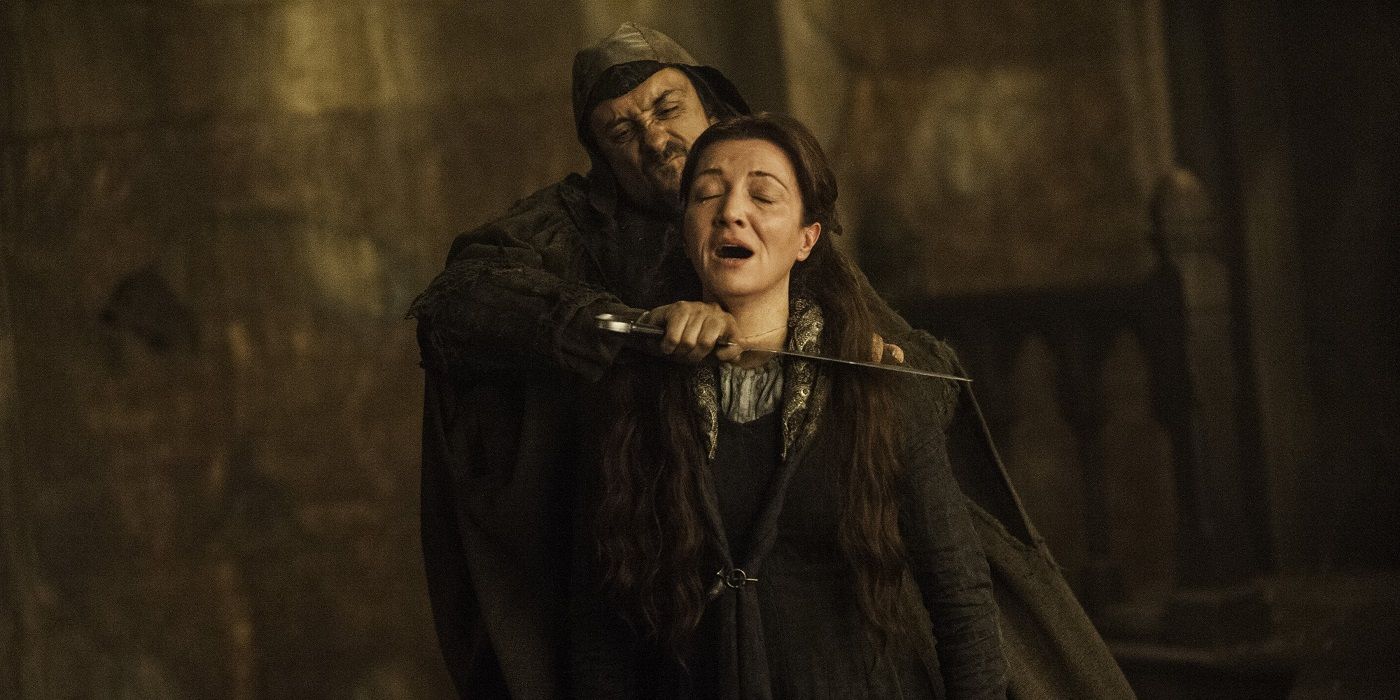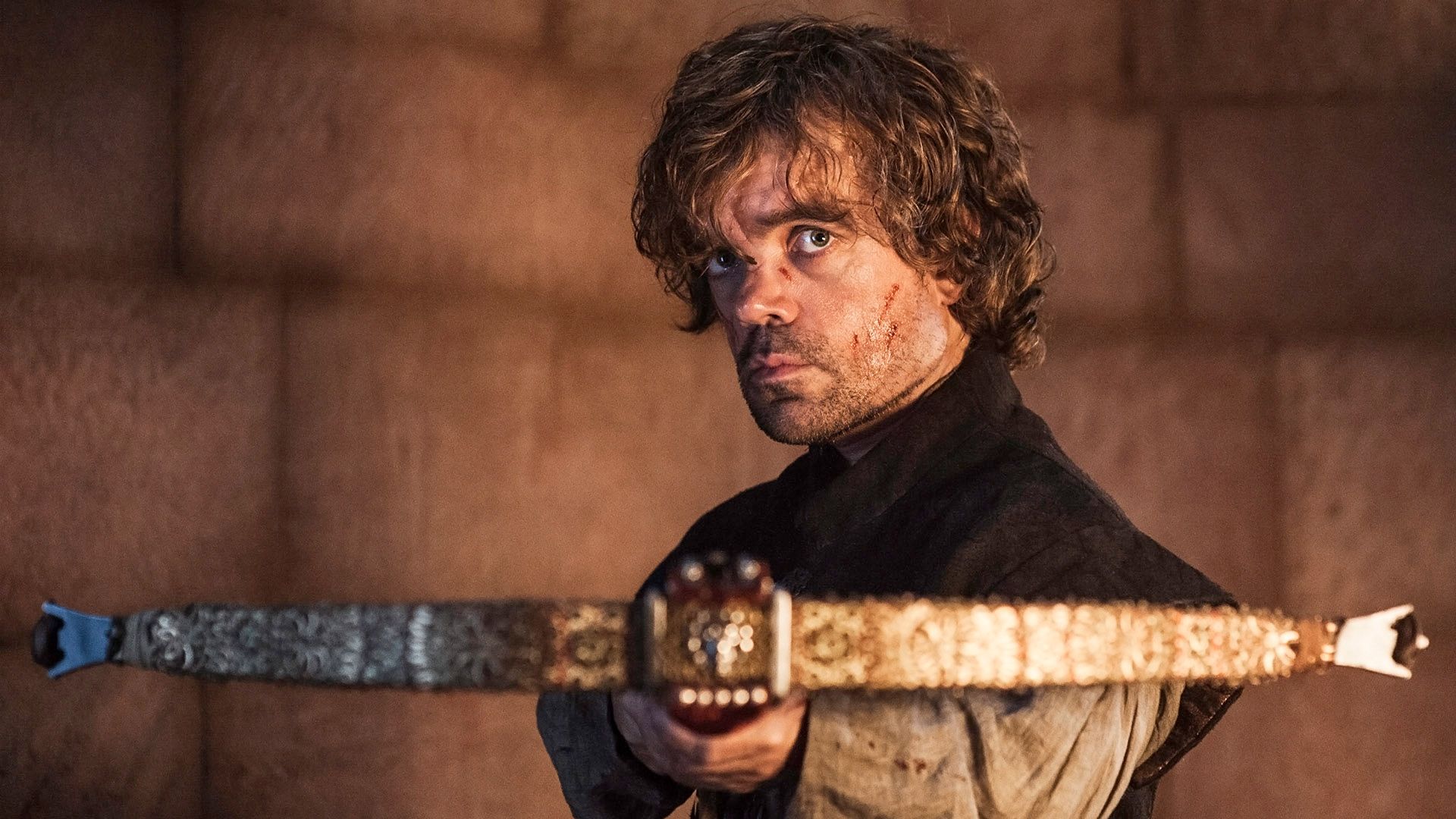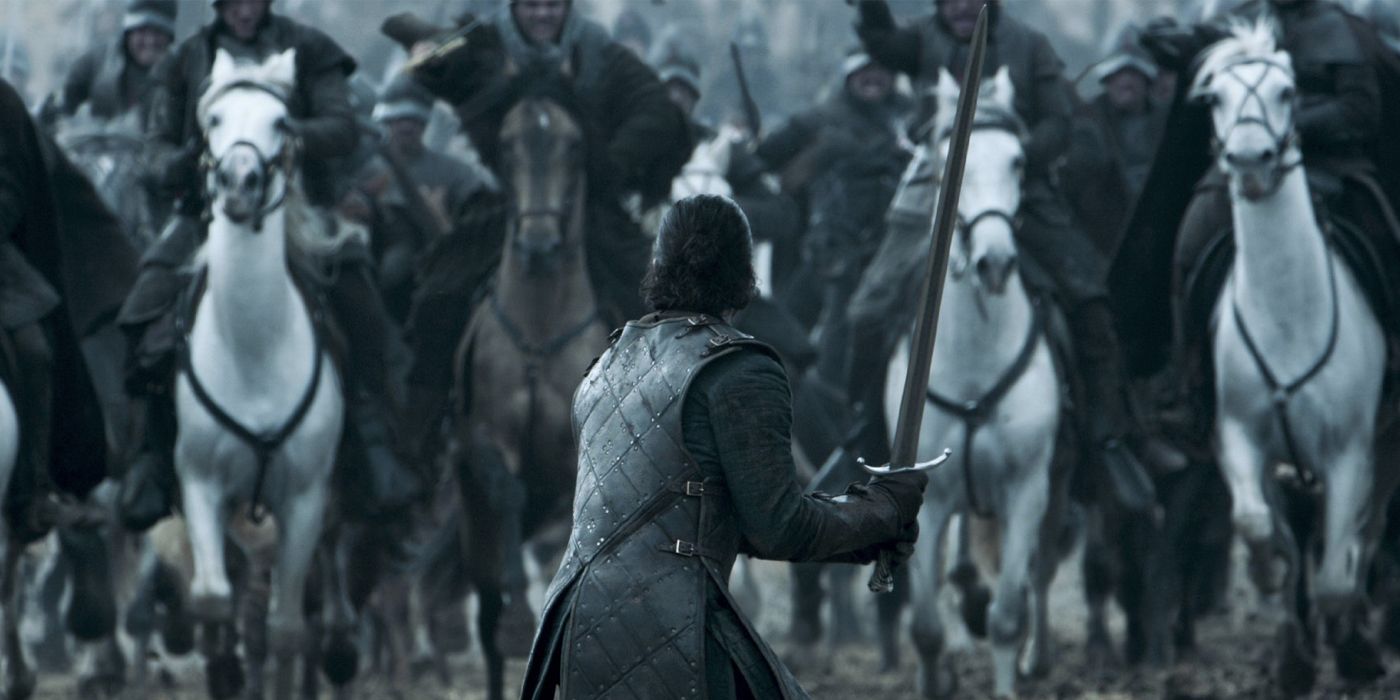HBO’s fantasy drama series Game of Thrones quickly became one of the most popular shows on the air after it premiered in 2011. Who could’ve predicted that a TV adaptation of George R.R. Martin’s epic fantasy series A Song of Ice and Fire would find such a huge audience? High fantasy is usually reserved for the nerdiest of nerds, but the cool people seem to have made an exception for Game of Thrones, because it’s simply that good.
It’s not a straight fantasy series -- it takes real-life, relatable situations and transplants them into a fantasy setting. Plus, it’s on HBO, which means it’s allowed a lot of graphic violence and more adult themes, which helps. Anyway, without further ado, as the series draws to a close, we’ll be ranking every season of Game Of Thrones (so far)!
Season 8
Unfortunately, the final season of Game of Thrones has proven to be by far the worst one. The reduced episode count meant that the plot was rushed, and it devolved into everything it once stood against: clichéd fantasy. The plot direction felt forced, a lot of the character moments felt disingenuous, and a lot of scenes failed because they went for shock value for shock value’s sake. Plus, many of the characters’ decisions went again their established principles – which was also a result of the rushed plot, because we didn’t get a chance to see those emotional transitions – and their abilities were inconsistent. One minute, Euron was slaying dragons. The next, he couldn’t lay a finger on them. On the whole, a very disappointing season.
Season 5
To name the weakest season of Game of Thrones is not necessarily to name a weak season of television. Naturally, a season of Game of Thrones is held to a higher level of scrutiny than most other TV shows. Pixar movies have the same problem -- more and more is expected of great storytellers, the more great stories they tell.
Some poor decisions are made in departing from the source material in Season 5 and the story arcs drag on a little bit, but the acting is still terrific. Plus, this was the season with Cersei’s iconic public shaming and it ends with what we thought was the killing of Jon Snow by his own men, so it’s not all bad.
Season 1
Few shows would be ballsy enough to kill off their main character -- and even fewer shows would be ballsy enough to do it in the first season. Game of Thrones came right out of the gate as a TV drama to be reckoned with when Ned Stark, the guy we’d come to know and love as the lead of the show’s large ensemble cast, had his head lopped off in front of everyone in town.
It’s not a particularly fantastic season in itself, but that’s only through Season 1’s necessity of planting the seeds that would grow into something incredible by Season 5 or 6: Daenerys emerging from the flames of a burning witch with three newborn dragons, Arya showing her vengeful side etc.
Season 2
The plot of Season 2 wanders a little bit, but in terms of style, it did take things up a notch from Season 1. It does a great job of expanding the world of Westeros that was introduced in the first season and developing the characters into more distinguishable personalities.
The season’s action-packed episode “Blackwater” suffers from the show not having enough budget yet for Neil Marshall to go all the way with it. The episode has real potential and it is tremendous in scope, but due to budget constraints, this still feels like a TV episode -- it never transcends the small screen in the way it could. We’d see Marshall’s true vision of battles in Westeros realized on the screen later on, in Season 4.
Season 7
This is one of the show’s scariest seasons, because it finally makes the Army of the Dead a reality we can’t avoid -- much like Cersei can’t avoid it. The season finale suggests that the Night King is becoming more and more powerful and he could even make a bid for the Iron Throne. Plus, the disparate storylines finally coming together meant Jon and Daenerys got to enjoy some scenes together and we discovered, once and for all, that Jon is a Targaryen.
It wasn’t quite the final season, but this was still a season full of earlier storylines and setups being paid off -- and the payoffs were mostly satisfying. The smaller episode count was controversial for some fans, but that just meant we got more packed into each episode and less padding out, so that actually worked in the season’s favor.
Season 3
Any discussion of this season must be dominated by the Red Wedding, the first truly Game of Thrones-y scene in the show’s run. That scene is almost meta in a way, because it is so horrifically violent and brutally drawn-out that it feels like George R.R. Martin is sending a message: Don’t get too attached to any of these characters, because they’re all monsters and they could all kill each other -- even those not yet born -- at any moment.
The season’s only failing is its finale, which isn’t as surprising or decisive as the epic season finales the show is now known for, but other than that, it is a solid season.
Season 4
Season 4 gets huge bonus points for being the season in which Joffrey dies. That moment was so satisfying and opened the story up to so many new avenues for Cersei and Tyrion. The season also brought us possibly the most action-packed episode in Game of Thrones history, “The Watchers on the Wall.” Neil Marshall returned to give us the cinematic battle scene he would’ve shot if he had more money to make Season 2’s “Blackwater” with.
That episode has visuals and cinematography and editing that rival the Battle of Helm’s Deep. Season 4 ends with one of the series’ most truly epic finale episodes -- Tyrion kills Tywin and Shae with a crossbow! All in all, a great season. The only drawback is the controversial Jaime Lannister scene that omitted Cersei’s verbal consent, which had been in the novel’s portrayal of the scene.
Season 6
Even though George R.R. Martin had already kind of spoiled it, the resurrection of Jon Snow was a huge moment. And not only that, it also set up arguably the strongest character arc of the series as Jon completed his journey that was cut short by his assassination -- he had to confront the men who had betrayed him. This is a perfect example of the show using its fantasy setting to add in existential story beats that narratives set in the real world just couldn’t do.
The season develops the familial relationship between Jon and Sansa in interesting ways as they dedicate themselves to defeating the only other competing Snow, Ramsay Bolton. Sansa got the greatest revenge of all by feeding Ramsay -- the most hated GoT character since Joffrey -- to his own ravenous dogs. This is a guy who had attacked her, enslaved her, and pursued her following her escape, so she deserved that moment. The cinematography in “Battle of the Bastards” is breathtaking -- you feel like you’re there, it’s so visceral. After such an intense episode, the season finale might feel like a letdown. That would be the case if all the characters didn’t find themselves on new horizons that set up their arcs for the next season -- and if Tommen didn’t unceremoniously kill himself.

